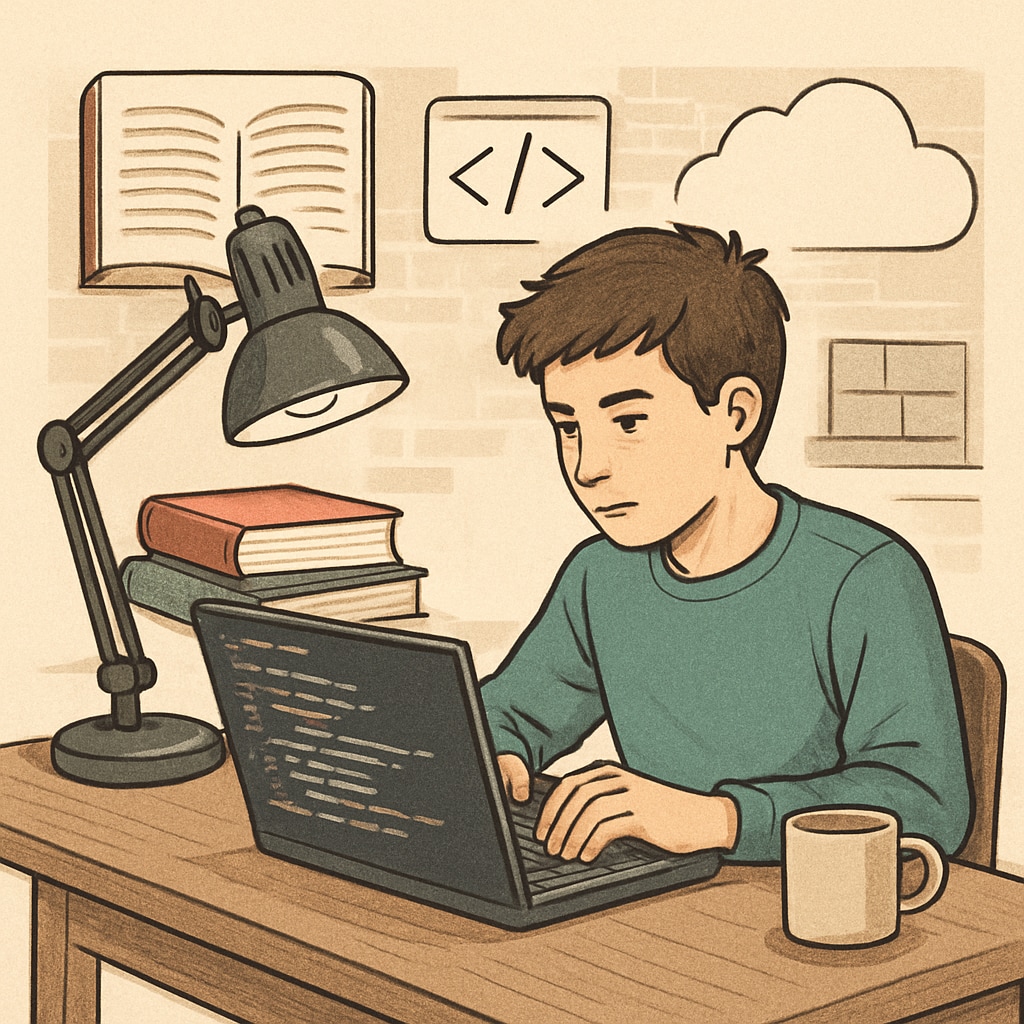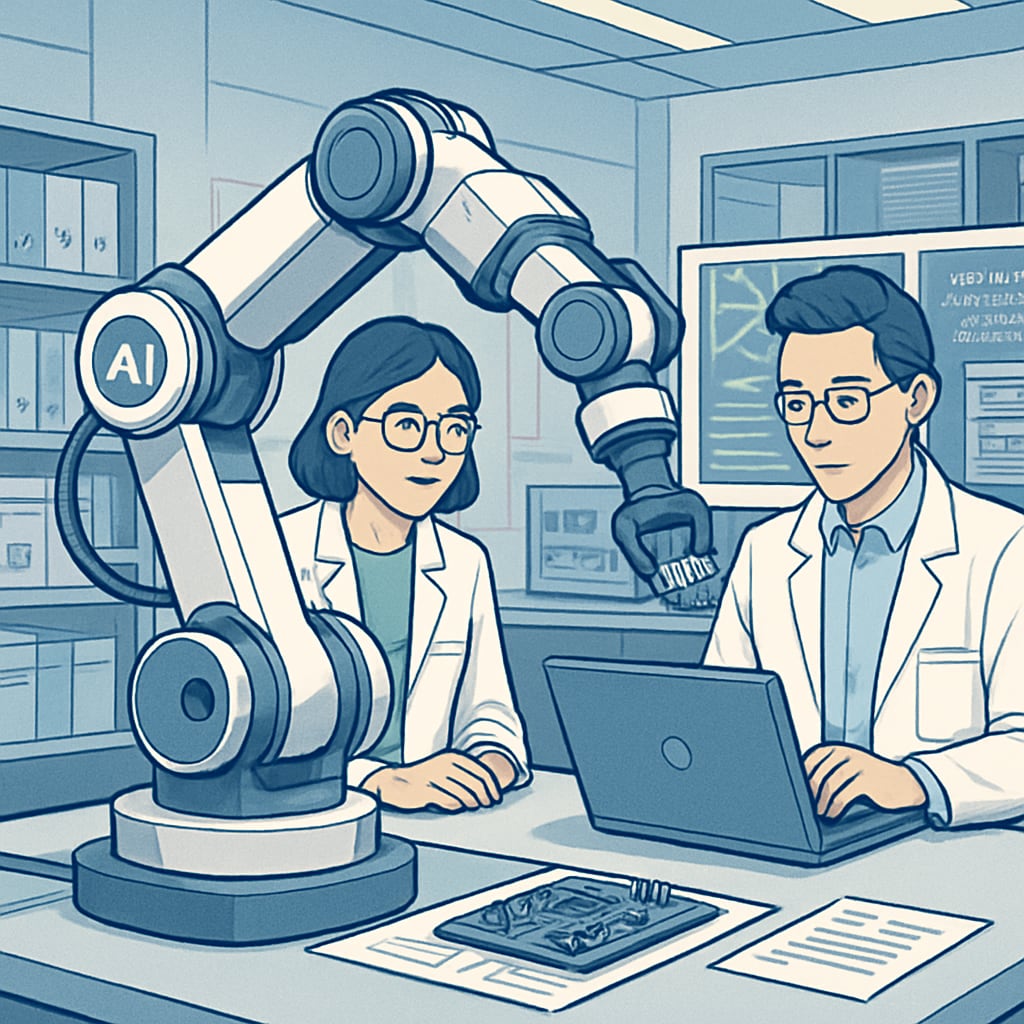In the era of artificial intelligence (AI), career choices for teenagers—particularly those considering roles as programmers or engineers—are becoming increasingly complex. As the AI revolution reshapes industries, students in K12 education grapple with understanding the implications of technological advancements on their future professions. This article examines the core differences between programmers and engineers, the influence of AI on these fields, and strategies to guide teenagers toward informed career decisions.
Understanding the Professions: Programmers vs Engineers
While programmers and engineers are both integral to the tech ecosystem, their roles are fundamentally distinct. Programmers focus on writing, debugging, and maintaining code, often working directly on software applications or systems. Engineers, on the other hand, are typically involved in designing and developing broader systems, which may include both hardware and software components.
For example, a software programmer might develop a mobile app, while a computer engineer could design the underlying hardware that supports the app’s functionality. These differences highlight the breadth of opportunities in the tech world, where teenagers must consider their personal interests, skill sets, and long-term goals.

The Impact of Artificial Intelligence on Career Prospects
AI is revolutionizing industries by automating tasks, enhancing efficiency, and introducing capabilities that were once unimaginable. While this offers exciting opportunities, it also raises concerns about job displacement, particularly in roles that are heavily task-oriented, such as basic programming.
However, AI also creates new opportunities for engineers and programmers who specialize in AI development, machine learning, and data analysis. These areas require advanced problem-solving skills and creativity, making them less susceptible to automation. For teenagers, exploring emerging fields within AI can provide a competitive edge in an evolving job market.

Guiding Teenagers Toward Informed Career Decisions
Parents, educators, and mentors play a critical role in helping teenagers navigate their career choices. To make informed decisions, it’s essential to:
- Encourage exploration: Provide opportunities for students to experiment with coding, engineering projects, and AI applications to discover their interests.
- Promote skill development: Focus on building transferable skills such as problem-solving, critical thinking, and collaboration, which are valuable in both programming and engineering roles.
- Highlight adaptability: Emphasize the importance of staying current with technological trends and learning continuously to remain relevant in the workforce.
As a result, teenagers can develop a clearer understanding of their strengths and preferences, positioning themselves for success in the AI-driven future.
Looking Ahead: Balancing Aspirations and Reality
The choice between becoming a programmer or an engineer is not just about technical skills; it’s also about aligning career aspirations with industry realities. Teenagers should consider factors such as job stability, growth opportunities, and personal satisfaction when making their decisions.
Moreover, AI will continue to redefine the landscape of work, creating hybrid roles that blend programming and engineering expertise. By fostering adaptability and a willingness to embrace change, students can prepare for a dynamic and rewarding career in technology.
Readability guidance: Use short paragraphs and bullet points to summarize key points. Incorporate examples and external links to enhance engagement while maintaining a professional tone.


